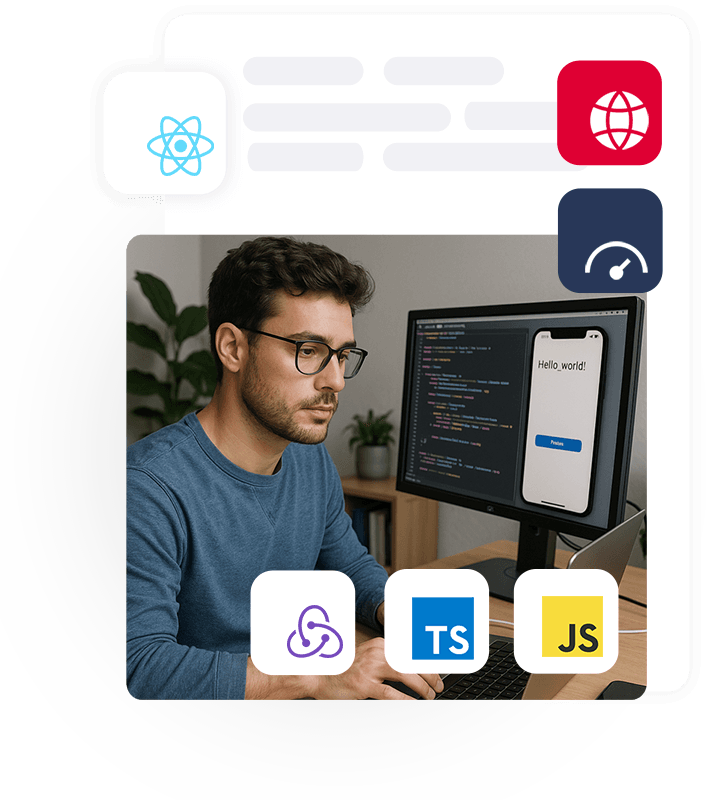When hiring React Native developers, it’s essential to choose the right engagement model based on your project’s complexity, budget, and timeline. Here's a breakdown of different engagement models for React Native app development:
Full-time Developers:
Full-time React Native developers are best suited for long-term, complex projects that require continuous development, such as building cross-platform mobile apps or enterprise-grade solutions. A full-time developer will work on your app consistently, ensuring the best quality and progress.
Part-time Developers:
Part-time React Native developers are ideal for projects that need ongoing maintenance, bug fixes, or small feature updates without the need for a full-time commitment. This model works well if your app is already developed, and you just need someone for occasional support or new features.
Hourly Developers:
Hourly developers offer great flexibility for smaller tasks or one-off jobs like optimizing performance, fixing bugs, or adding specific features to your existing app. This model is perfect for those who need short-term assistance or have a limited scope of work.
Project-Based Developers:
Project-based developers work well for defined, one-time tasks like building a new app or adding a specific feature to an existing app. This model allows you to set clear goals and deadlines, making it easy to manage and track progress.








 Transparency
Transparency








